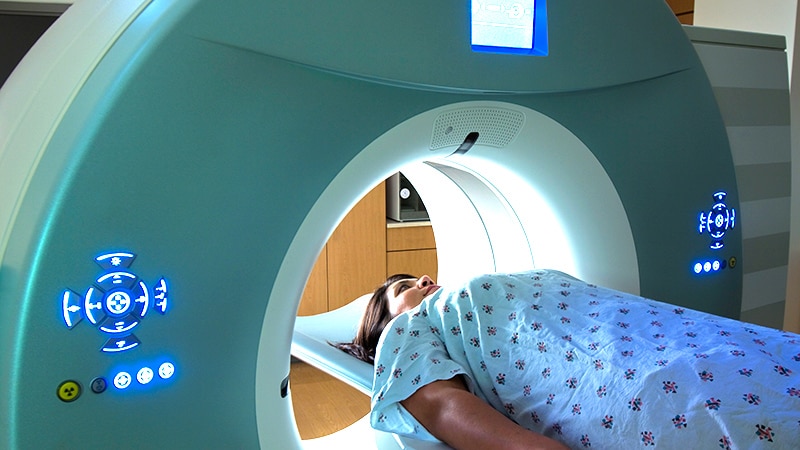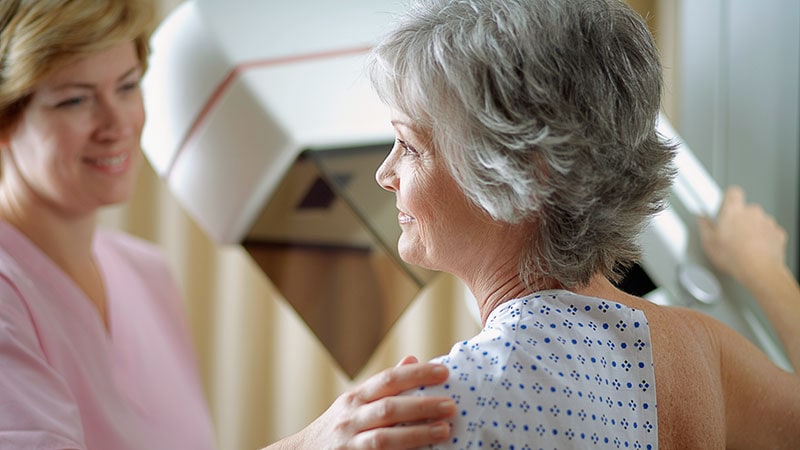High screening recall rates do not increase the detection of life-threatening breast cancer, according to a study published in the journal European Radiology.
The study used annual screening information for each of the 80 English centres in the NHS breast screening programme (NHSBSP) from 1 April 2009 to 31 March 2016, and some Dutch screening programme information, to produce linear and non-linear models of the relationship between cancer detection and recall rates.
The non-linear models estimated the modelled maximum values (MMV) for cancers detected at different grades and estimated how rapidly the MMV was reached.
At prevalent screens for combined invasive/micro-invasive and high-grade cancers, 99% of the MMV was reached at a recall rate of 7.0%. The detection rate for low/intermediate grade (LIG) ductal carcinoma in situ (DCIS) showed no discernible plateau, increasing linearly at a rate of 0.12 per 1000 for every 1% increase in recall rate.
At incident screens, 99% of the MMV for IHG DCIS detection was 4.0%. LIG DCIS increased linearly at a rate of 0.18 per 1000 per 1% increase in recall rate.
The authors say the study demonstrates the diminishing returns associated with increasing recall rates, as increases in recall rates above defined levels were almost exclusively associated with false positive recalls and a very small increase in low/intermediate grade DCIS.
The screening programme in England could use the models to set recall rate ranges, and other countries could explore similar methodology, they say.



